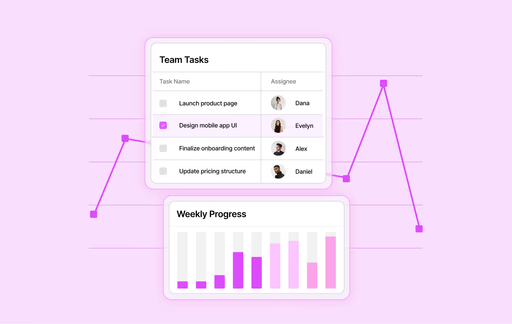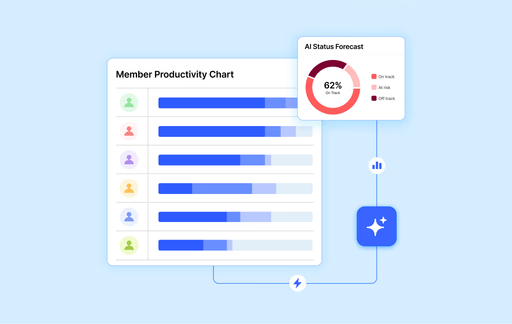Each streaming platform has its own recommended encoding settings for optimal quality and upload efficiency. Understanding these requirements will help your videos look their best and upload faster.
YouTube Recommendations
YouTube's encoding system is highly sophisticated and will re-encode your videos, but uploading with optimal settings ensures the best possible starting point for their processing pipeline.
YouTube Settings
- •Container: MP4
- •Video Codec: H.264 (High Profile)
- •Audio Codec: AAC-LC, 48 kHz, stereo or 5.1
- •Bitrate (1080p): 8 Mbps for standard, 12 Mbps for high-motion
- •Bitrate (4K): 35-45 Mbps for standard, 53-68 Mbps for high-motion
- •Frame Rate: Match source (24, 25, 30, 60 fps)
Vimeo Specifications
Vimeo is known for prioritizing quality and accepts higher bitrates than many other platforms. They recommend uploading the highest quality file possible within their size limits.
Vimeo Settings
- •Container: MP4 or MOV
- •Video Codec: H.264 or H.265 (HEVC)
- •Bitrate: 10 Mbps (1080p), 60 Mbps (4K) - higher is acceptable
- •Audio: AAC, 256 kbps recommended
Instagram and TikTok
Mobile-first platforms have different requirements optimized for smaller screens and mobile viewing conditions.
Instagram Settings
- •Resolution: 1080x1920 (Stories/Reels), 1080x1080 (Feed posts)
- •Frame Rate: 30 fps
- •Bitrate: 5 Mbps maximum
- •Audio: AAC, 128 kbps
General Best Practices
Always use progressive scan (not interlaced), ensure your keyframe interval is 2 seconds or less for better seeking, and match your frame rate to your source material. With Conter, you can save platform-specific presets so you're always encoding with the optimal settings for each destination.
Testing and Iteration
Before encoding a large batch of videos, test your settings with a short sample. Upload it to your target platform and review the quality after the platform's re-encoding. This helps you dial in the perfect settings for your specific content type and target platform.

